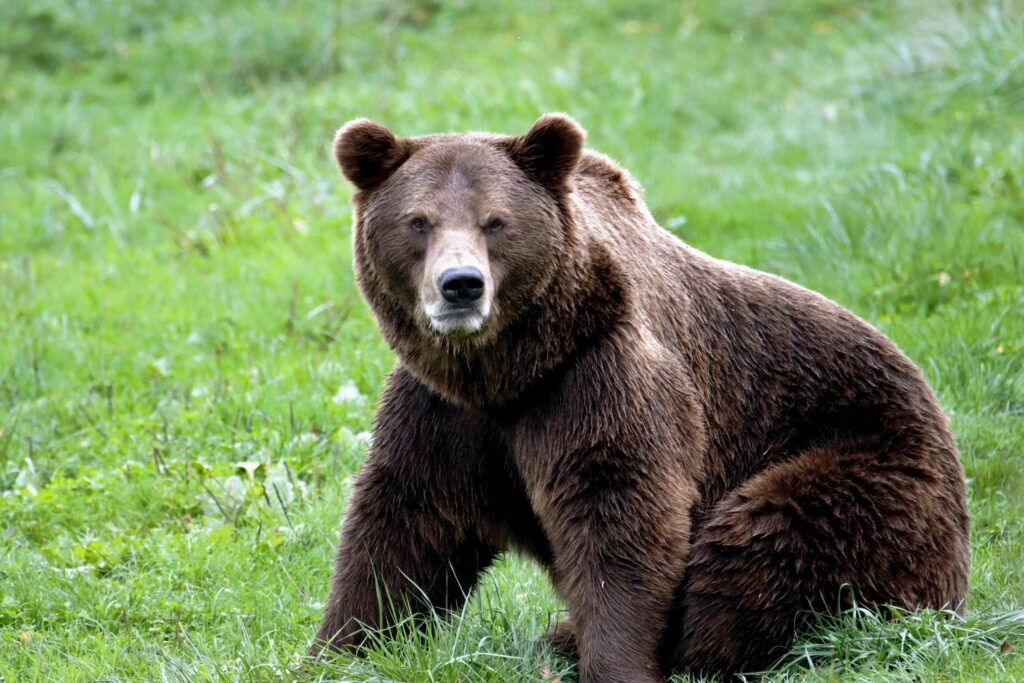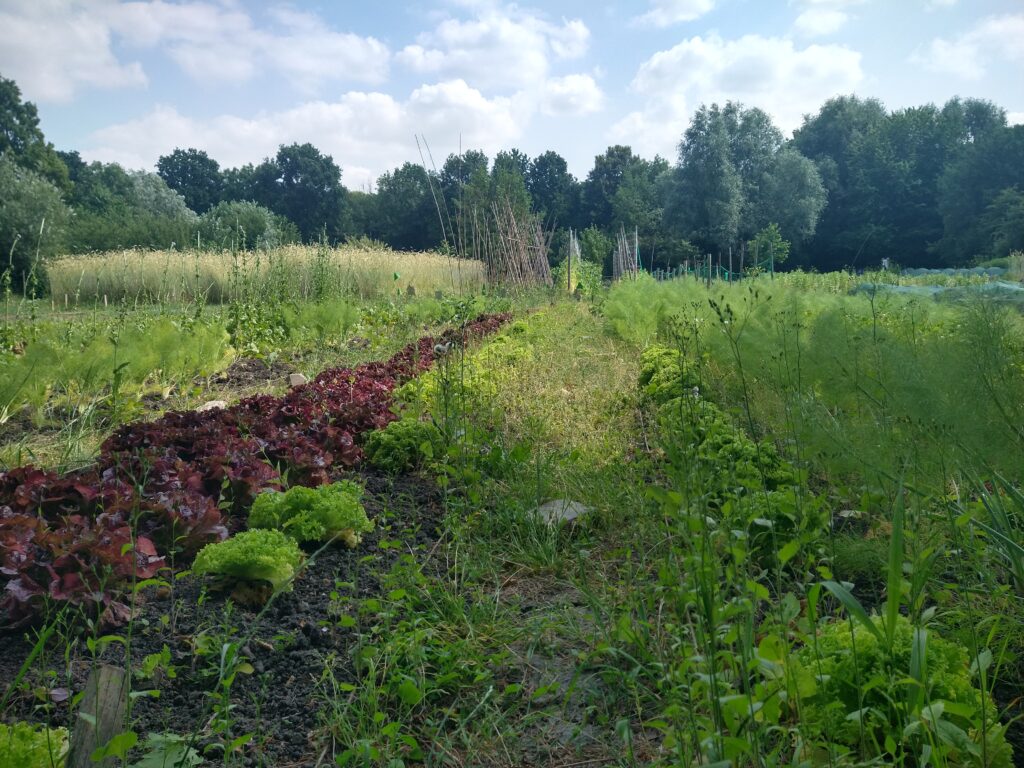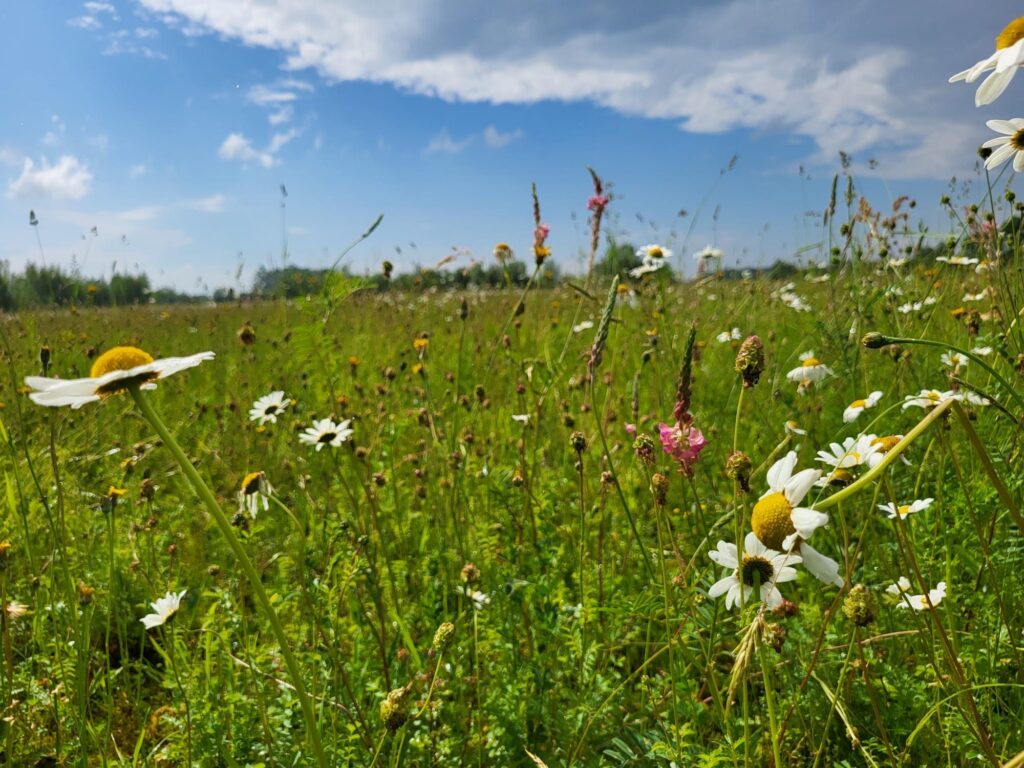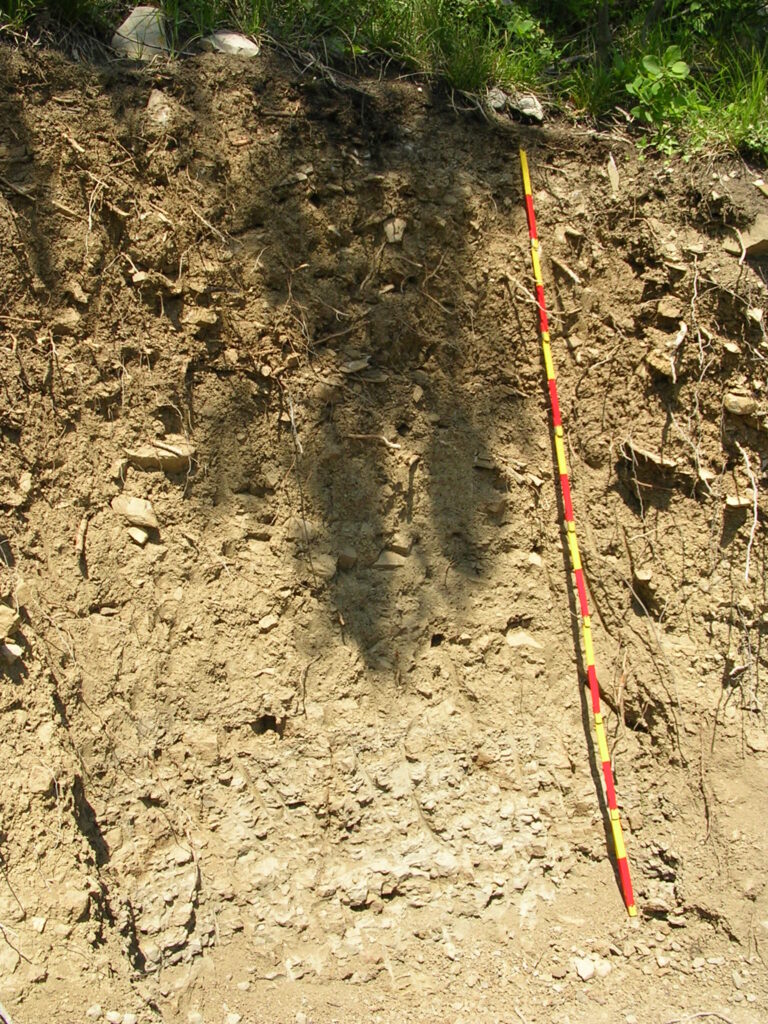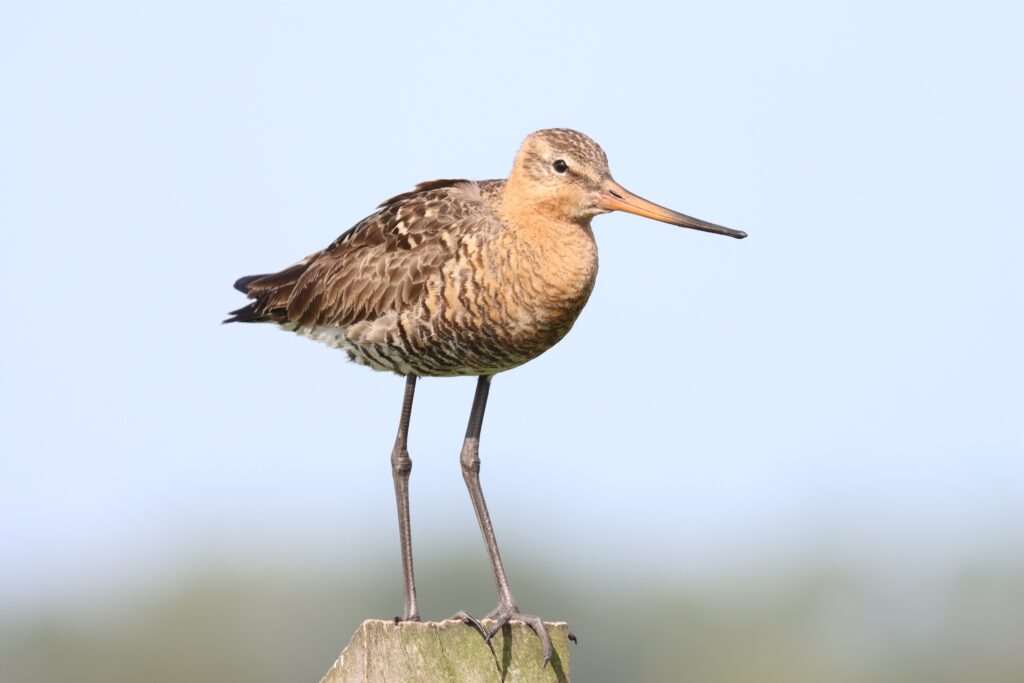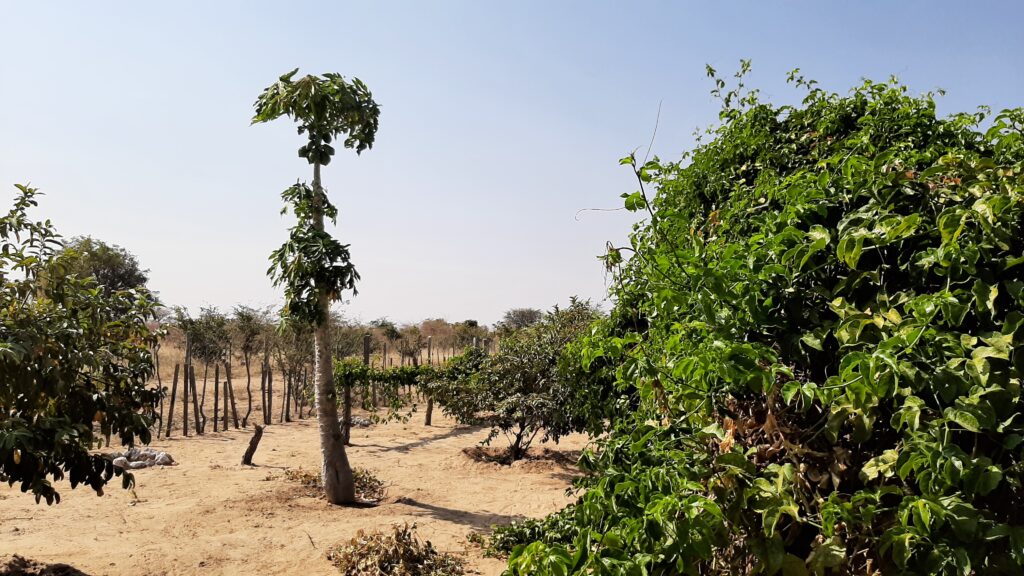Connecting People and Wildlife: A conversation with all participants (human and non-human)
From an early age I was touched by the nature around me. Therefore, it was no surprise that I felt completely at home when studying Forest and Nature Management at Wageningen University. It was there that a seed has been planted to really understand conflicts between people and wild animals. Especially what lessons we can […]
